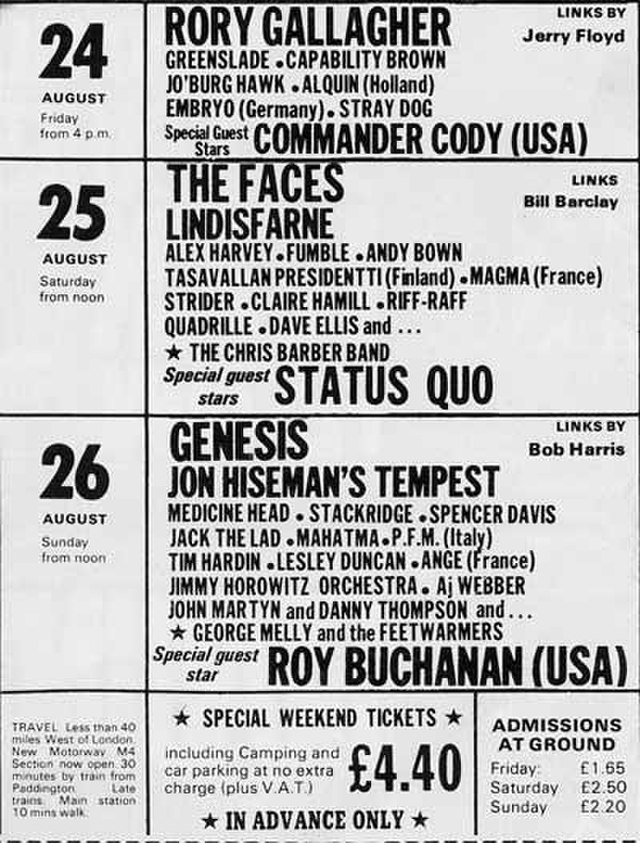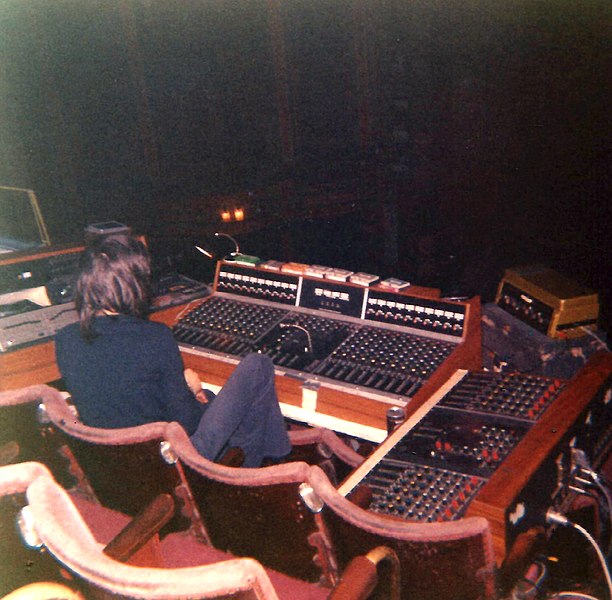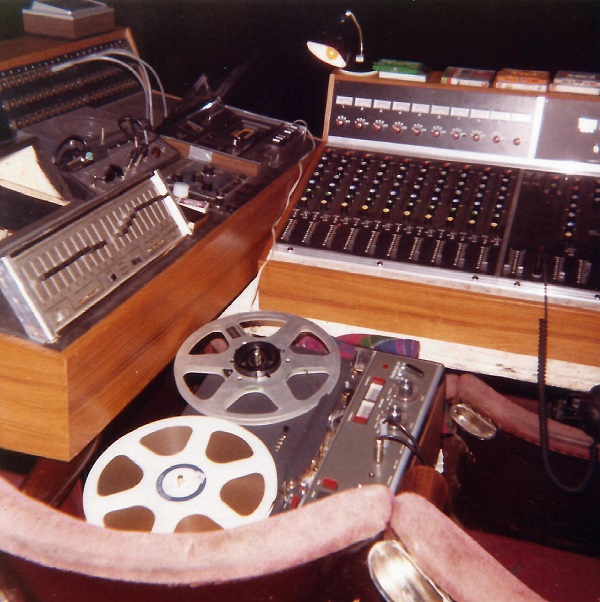Peter Gabriel performs with a broken ankle – and Genesis gain new fans
On 26 June 1971, Genesis performed at the Reading Festival for the very first time. Back then, they were still low on the bill, sharing the lineup with artists such as Lindisfarne, Terry Reid, Renaissance and Sha Na Na. Like many festivals, it came with its share of challenges: rain, mud, and even an unexpected police squad, but Genesis had a unique complication of their own: Peter Gabriel had recently broken his ankle.
The accident at Friars Club
Just a week earlier, on 19 June, Genesis had played a show at Friars in Aylesbury. During the encore of The Knife, Gabriel, always the theatrical frontman, leapt off the stage into the crowd. Unfortunately, the audience parted rather than caught him. He hit the floor hard and fractured his ankle.
Despite the injury, the band pressed on. Gabriel famously performed at least one subsequent gig in a wheelchair at an art college in Lincoln. Richard Macphail, Genesis’s tour manager and longtime friend, recalled the chaos:
‘And it scared the pants of me, because the stage was like a traditional theatre stage that sloped towards the audience. He was wildly cavorting in this wheelchair on this stage. I thought he was going to fall off the stage and break his neck!’1
Thankfully, he did not and just a few days later, Genesis took the stage at Reading.
Reading Festival in 1971
The 11th National Jazz and Blues Festival was held in Reading for the first time in 1971. The festival had previously moved between locations including Richmond, Windsor, Sunbury, and Plumpton due to local complaints. That year, it finally found a home in Reading, taking place at the Thames-side Arena on Richfield Avenue, over 25–27 June.
The event was rebranded as the Reading Festival of Folk and Progressive Music, with a ticket for Saturday, 26 June, priced at just £1.50. Although Reading Festival is typically held in August today, it’s unclear why it took place in June that year, perhaps due to the town’s 1000th anniversary celebrations, which had helped organizer Harold Pendleton gain approval from the local council.
Sharing the stage with Charisma labelmates
Genesis were not the only Charisma Records act at Reading in 1971. Lindisfarne, Van der Graaf Generator, Bell & Arc, and Audience also performed, alongside other notable names like Arthur Brown, Rory Gallagher, Wishbone Ash, Osibisa, and Ralph McTell.
Genesis played mid-afternoon on the festival’s second day. Despite their relatively low billing, their set was highlighted as one of the standout performances of the weekend. The impact was strong enough that they were invited back in the following two years.
A new era: Genesis and the festival circuit
That summer marked the beginning of Genesis’s appearances at outdoor rock festivals. Steve Hackett later recalled that it rained nearly every time they played an outdoor show in England or Europe, turning every venue into a mud bath.
At Reading, technical issues added to the frustration. Power fluctuations made it nearly impossible to keep instruments in tune. The organ was already difficult to manage, and the Mellotron, notorious for its fragility, was even worse. Their twelve-string guitars, tuned backstage, were often already out of tune by the time they hit the stage and tuning a twelve-string in front of a festival crowd was nearly impossible.
Not made for festivals?
Looking back, Tony Banks admitted that Genesis were not ideally suited for the festival scene in those early years. The broad daylight made it difficult to create a dramatic atmosphere, the audiences did not always appreciate the complex song structures, and sound quality was often poor.
Still, the band slowly built a reputation as a strong live act and festivals helped them reach new fans. The real magic, though, happened after dark, when they could perform for their own audiences in a controlled setting.
But even at this early stage, they were beginning to leave an impression. At Reading 1971, some fans in the crowd already waved Genesis flags, signaling that the band’s dedicated following was starting to take shape.
Photo: Reading Festival Line Up 1973. Reading-festivaalin vuoden 1973 esiintyjälista Source: Wikimedia Commons, National Jazz, Blues and Rock Festival. / CC-BY-SA-2.5 (https://creativecommons.org/licenses/by/3.0).
- Platts, Robin, Genesis. Behind the lines, 1967-2007. (Burlington, Ont., Canada: Collectors Guide Pub., 2007), p. 44. ↩︎



